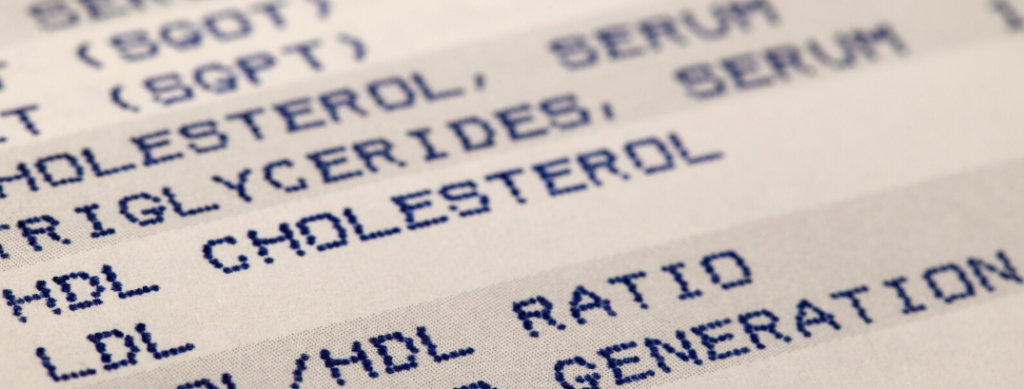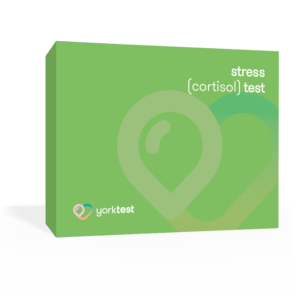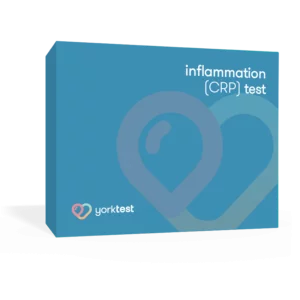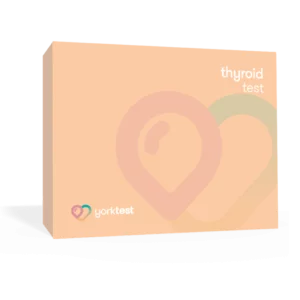Cholesterol is a fatty substance found naturally within the cells in the body. You need cholesterol to maintain optimum health, but too much in the body may increase your risk of major diseases, such as heart disease. Some cholesterol is found in the foods you eat, but most of it is made in your liver.
If you have a raised cholesterol level, there is an array of treatment options for you, including the use of statins. Statins are widely used to lower your cholesterol levels and they often work best when paired with a healthy lifestyle.
What is a high cholesterol level?
The NHS recommends that total cholesterol levels should be 5mmol/L or less for healthy adults, and 4mmol/L or less for those at risk of certain diseases, such as heart disease. But there are different types of cholesterol and it can be confusing to establish exactly what your cholesterol reading is.
What types of cholesterol are there?
There are two main types of cholesterol – LDL cholesterol (also known as low density lipoprotein cholesterol and referred to as ‘bad cholesterol’) and HDL cholesterol (known as high density lipoprotein cholesterol and commonly referred to as ‘good cholesterol’).
How do I check my cholesterol?
Your cholesterol can be checked through a simple blood test which can be through a finger-prick or syringe. The test measures for different types of cholesterol and triglycerides, which is another type of blood fat.
It is important your GP or a suitable expert explains the results to you as sometimes they can be confusing to understand.


How to lower cholesterol?
Do you have a high cholesterol and looking to improve your health and well-being? Do you have an average cholesterol level but conscious of your health and well-being?
There are simple and natural ways to lower your cholesterol levels. Here are five healthy changes:
• Quit smoking
It is estimated that 7.2 million people in the UK smoke cigarettes. Smoking may cause more of your bad cholesterol to cling to your artery walls, according to Heart UK. Quitting smoking not only helps your overall health but reduces your risk of raised cholesterol and heart disease.
• Increase your physical activity through exercise
It is recommended that adults aged 19 to 64 should do at least 150 minutes of moderate activity every week and strength exercises on 2 or more days a week. 150 minutes sounds like a long time, but to break this down it is only 30 minutes every day for five days.
Exercise can help improve cholesterol and raise the HDL cholesterol (the good kind). We recommend taking up exercise with a friend or loved one to boost motivation.
• Lose weight
Losing weight may not only be beneficial for your overall health and well-being, but this is one of the most important lifestyle factors to improve your cholesterol levels. In fact, sometimes losing weight alone can be enough.
Use a calorie counting app to track your calories as you can be surprised how quickly calories can add up. You will then be able to see where you can cut back. For example, you could be drinking a 500ml bottle of coke a day after dinner – that’s 1,421 calories a week! Simple calorie cutbacks could make all the difference.
Other weight loss tips include parking your car further away from work or the shops and use the stairs where possible to increase your activity levels.
• Limit your alcohol
Moderate your intake and stick to the advised limit of no more than 14 units of alcohol a week. Unsure what constitutes a unit? The NHS summarise how many units are in your favourite alcoholic beverage.
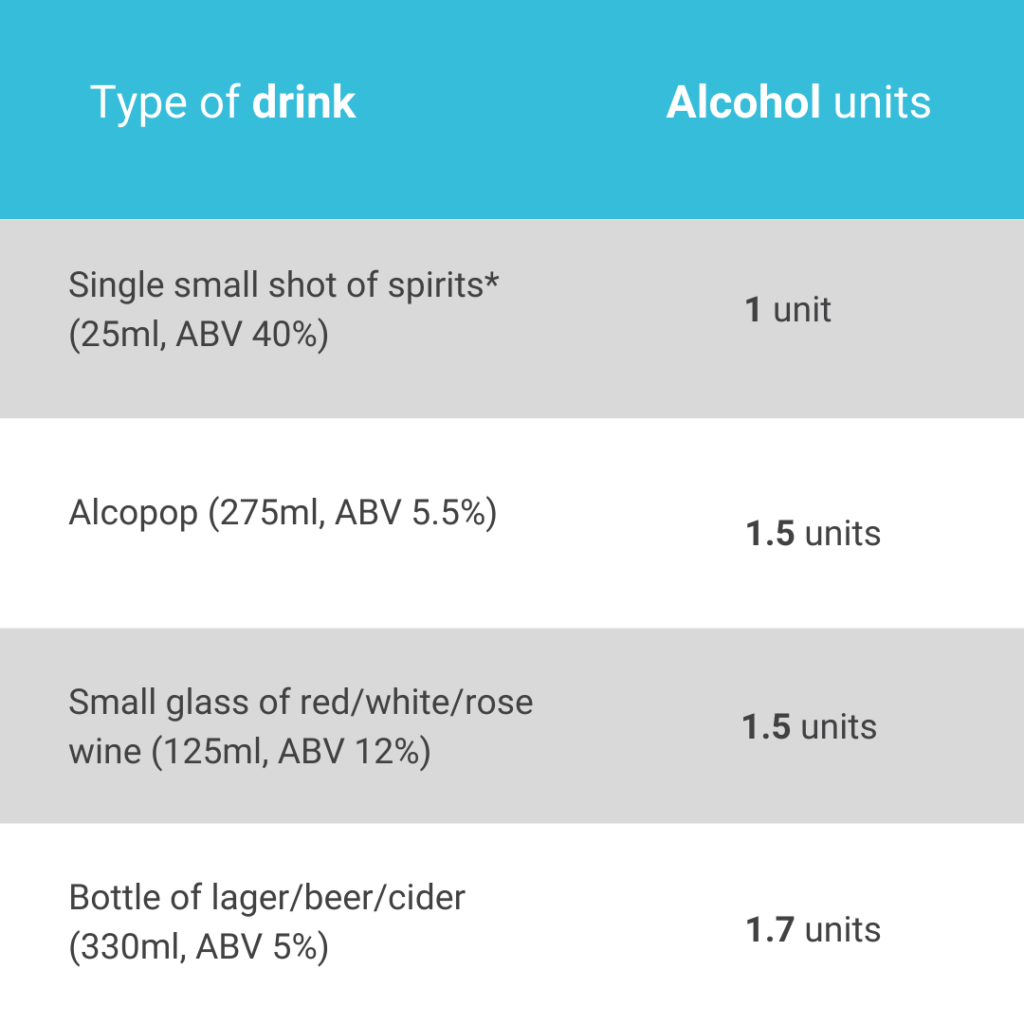

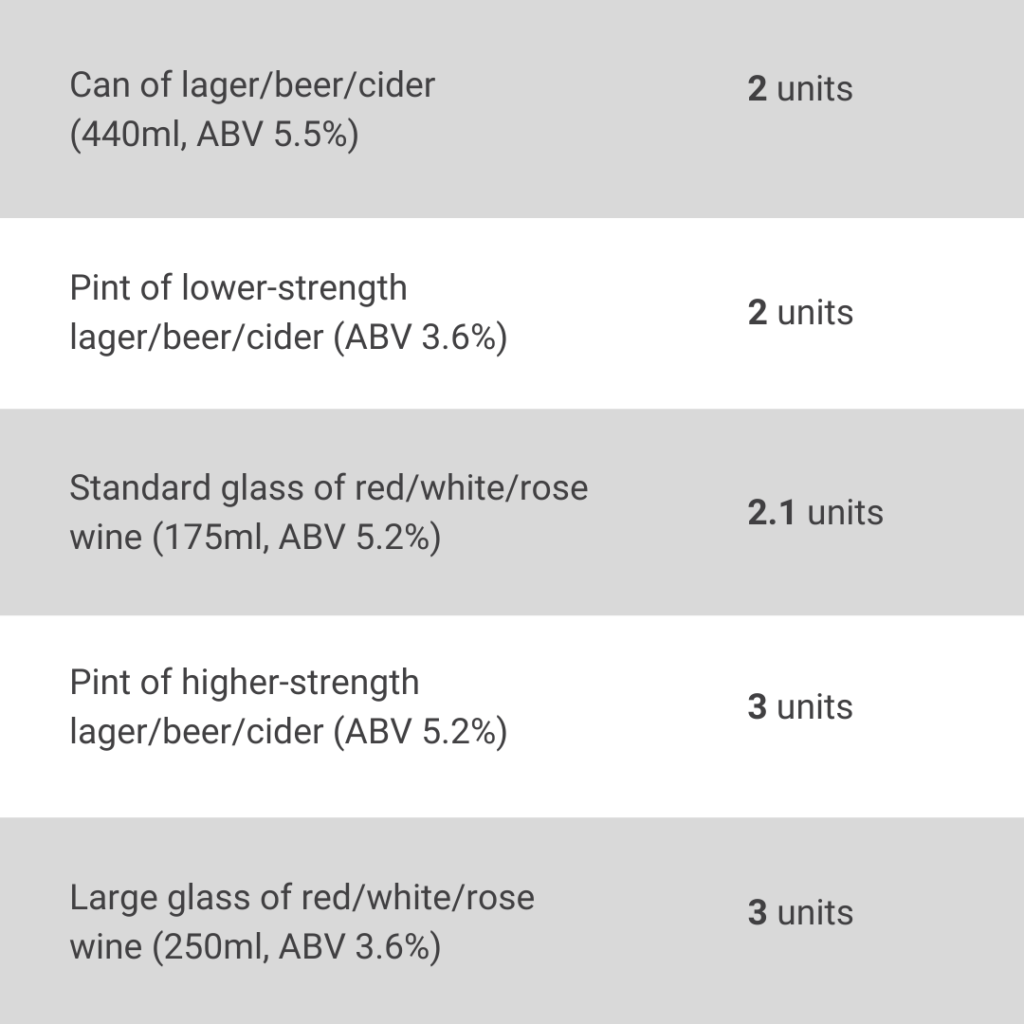

• Indulge in heart-friendly foods
Diet forms a vital role in actively making a difference to your cholesterol levels. Now more than ever, there is an abundance of dietary advice online on how to eat healthier.
Want to start now? There’s no better time to start. After all, simple changes are often the ones which easily form a habit.
- Eat foods high in omega-3 – Omega-3 enriched foods increase your HDL level (the good kind) and do a great job in protecting your heart. Salmon, tuna and mackerel are a good source of omega-3 and help to reduce inflammation in the body.
- Decrease trans fats. Reduce high cholesterol foods. High cholesterol foods include many animal foods, such as meats, shrimp, dairy products and egg yolks. We do not advise you to strictly cut down on these foods as they do not make a huge difference to your overall cholesterol. Ultimately, it is being aware on what and how much you are consuming. If you know you are eating too much red meat, for instance, why not try a vegetarian meal one night? By doing this you are proactively reducing your high cholesterol foods and, in turn, your intake of saturated fats. Trans fats raise your overall cholesterol levels, so it is important to keep an eye on this. Trans fats is sometimes listed on food labelling as ‘partially hydrogenated vegetable oil’ which can be found in products, such as margarine, cakes, cookies and crackers.
- Increase your soluble fibre – You can find soluble fibre in foods like oats, barley, rice bran and legumes. Not only may soluble fibre improve your gut bacteria and blood sugar levels, but it also reduces the absorption of cholesterol into your bloodstream.
Take small steps to increase your well-being and you will find that they are more manageable than making small drastic changes. A healthy lifestyle is a long-term habit so starting somewhere is better than nowhere.
Do you want to know more about cholesterol? Find out whether eggs are good or bad for you and be inspired with these 10 anti-inflammatory foods.


